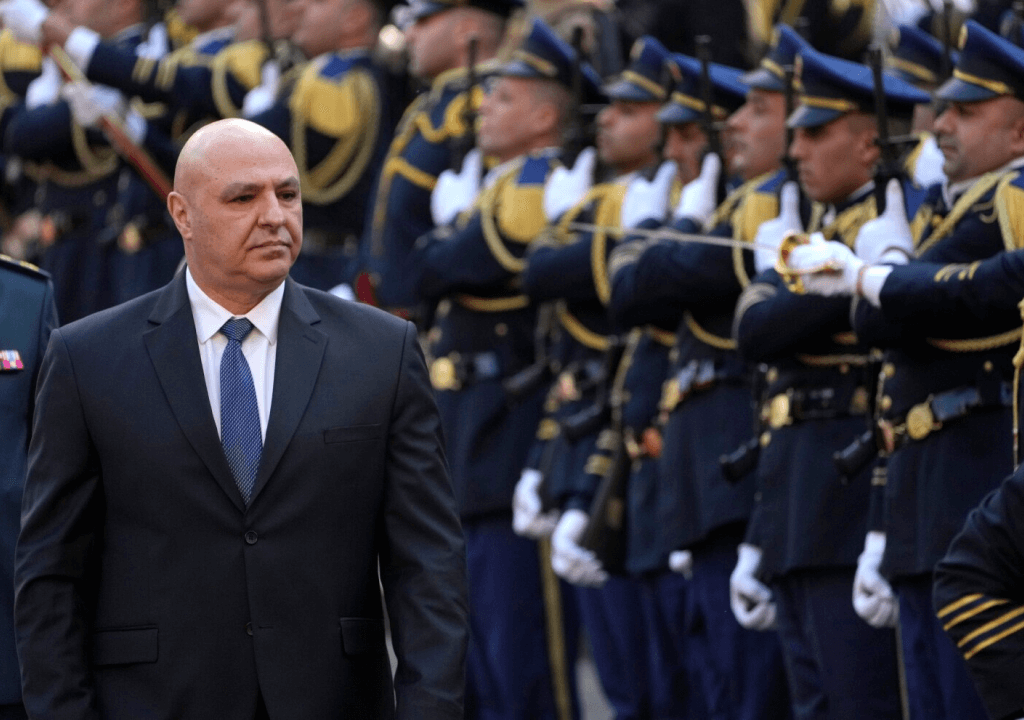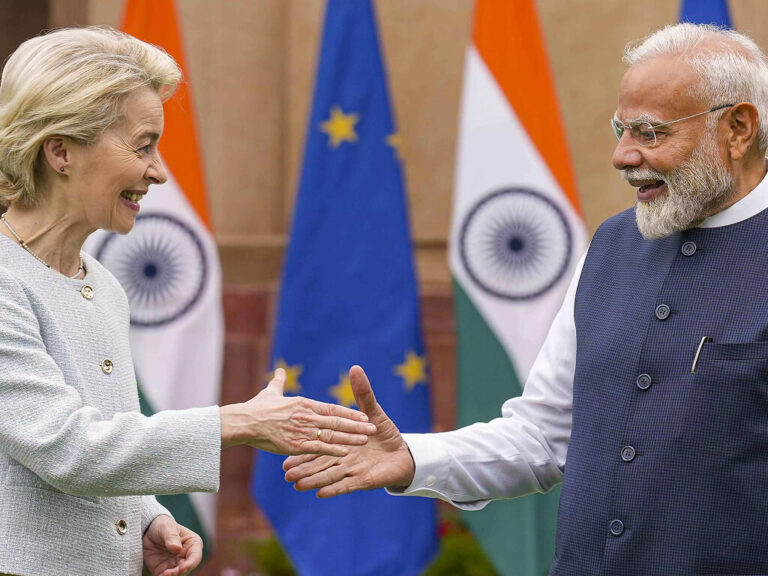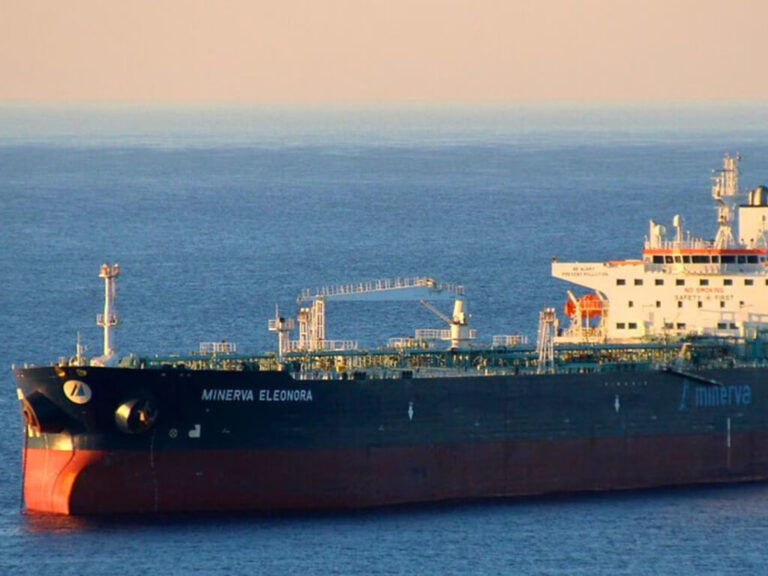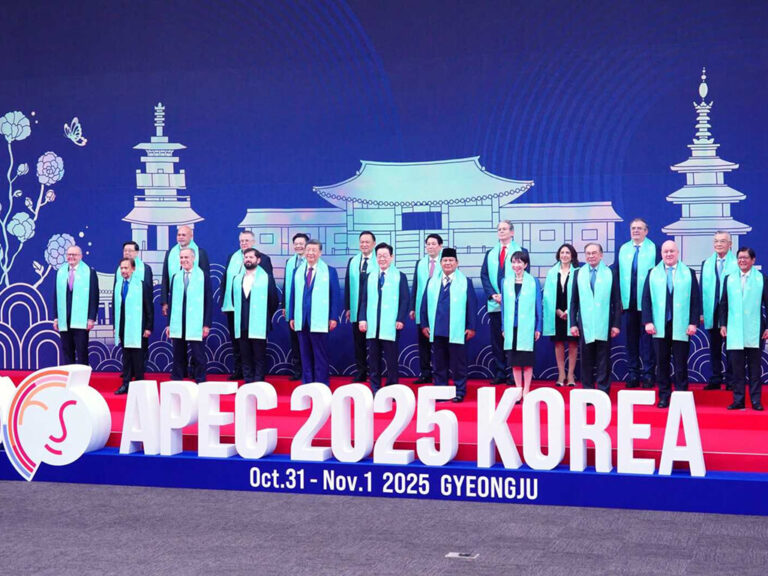Lebanon, grappling with political, economic, and social unrest, seems to be shifting away from Iran’s influence by electing a new president who is supported by the West and advocates for a stronger Lebanon. The country’s parliament has chosen Army Commander Joseph Aoun as the new president, ending a two-year vacancy and raising hopes for the long-term stability of a ceasefire with Israel. Aoun received 99 out of 128 votes in the parliament’s 13th attempt to select a new head of state, succeeding former President Michel Aoun—who is unrelated to Joseph Aoun—after his departure in October 2022.
Lebanon’s political system often undermines democratic principles, with a convoluted structure built around a confessionalist framework that allocates key political positions to religious communities through quotas. The system requires the president to be a Maronite Christian, the prime minister to come from the Sunni branch of Islam, and the speaker of Parliament to be from the Shia branch of Islam—reflecting a fragile power-sharing arrangement. Political appointments, from the presidency to parliamentary seats, strictly follow sectarian divisions. The parliament elects the president for a single six-year term, and the president works with lawmakers to appoint the prime minister, adhering to the same quota system. Sectarian interests dominate political parties, complicating governance and eroding democratic values. This flawed structure has led to Lebanon’s mismanagement, resulting in one of the most severe economic and sociological crises in modern history. According to the United Nations, over 80%—or four out of five—of Lebanon’s population now lives in poverty.
While the presidency in Lebanon holds limited authority, the election of Joseph Aoun hints at a significant shift in the country’s political trajectory. Aoun, who has built strong ties with international powers like Saudi Arabia, France, and the United States during his time as the head of Lebanon’s armed forces, reflects a broader trend of Lebanon leaning westward and distancing itself from Iran’s influence.
Iran’s sway has been steadily diminishing, a process notably accelerated by the 2022 parliamentary elections. In those elections, the Iran-backed Hezbollah movement and its allies lost their majority in parliament, signaling a notable decline in Tehran’s grip on the country. At the same time, Hezbollah’s Christian ally, the Free Patriotic Movement of outgoing President Michel Aoun, was overtaken as the dominant Christian faction by the Lebanese Forces, a party led by Samir Geagea, who shares close ties with Saudi Arabia.
The evolution in Lebanon’s politics mirrors the broader regional shifts, particularly Turkey’s efforts to limit Iran’s influence in Syria. Now, with Saudi Arabia—another U.S. ally—on the scene, it seems likely that the Kingdom will play a central role in weakening Iran’s hold over Lebanon, marking a strategic recalibration in the delicate balance of power.
International leaders, particularly from the West, expressed optimism over the election of Lebanon’s new president, Joseph Aoun. A spokesman for UN Secretary-General Antonio Guterres described the election as an important step toward resolving Lebanon’s long-standing political and institutional impasse, which had persisted for over two years due to the presidential vacancy. U.S. President Joe Biden praised Aoun as a suitable leader for the current challenges facing Lebanon.
Aoun’s primary focus will be on strengthening the Lebanese army, especially in southern Lebanon, where its authority has been challenged since the late 1970s by groups like the Palestine Liberation Organization and Hezbollah. His efforts are expected to be bolstered by assistance from Saudi Arabia, the United States, and France, and Israel is likely to view these developments positively as they improve security along its northern border. After his election, Aoun addressed parliament, emphasizing the state’s right to control the possession of weapons and highlighting the importance of the army in safeguarding Lebanon’s borders.
The 2004 UN resolution required all armed groups in Lebanon to disarm, but Hezbollah has refused to comply, insisting it is the only force capable of defending Lebanon from Israel. However, he has an opportunity to act as Hezbollah grapples with mounting difficulties, including Iran’s waning regional influence and reduced support from Syria. During Lebanon’s prolonged leadership vacuum, Hezbollah exploited the instability to tighten its grip on southern Lebanon and engage in skirmishes with Israel. By reinforcing the army, Aoun can directly counter Hezbollah’s dominance in the region.
Hope is on the rise in Lebanon with the election of a new, Western-backed president and the diminishing influence of both Hezbollah and Iran. Now, the country stands at a pivotal moment to rebuild and strengthen its institutions. However, this task will not be simple, as Lebanon’s deep-rooted divisions remain a significant obstacle. Yet, with strong leadership, support from global powers, and a weakened opposition, the Lebanese president is presented with a better opportunity. Though President Aoun faces limitations due to Lebanon’s unique constitution, his six-year term gives him a critical platform to shape the nation’s future. He will also play a vital role in the 2026 parliamentary elections—or potentially in a snap election—that could break the long-standing political deadlock. This moment marks a potential shift toward the West, signaling that Lebanon is indeed charting a new course in its international orientation.








